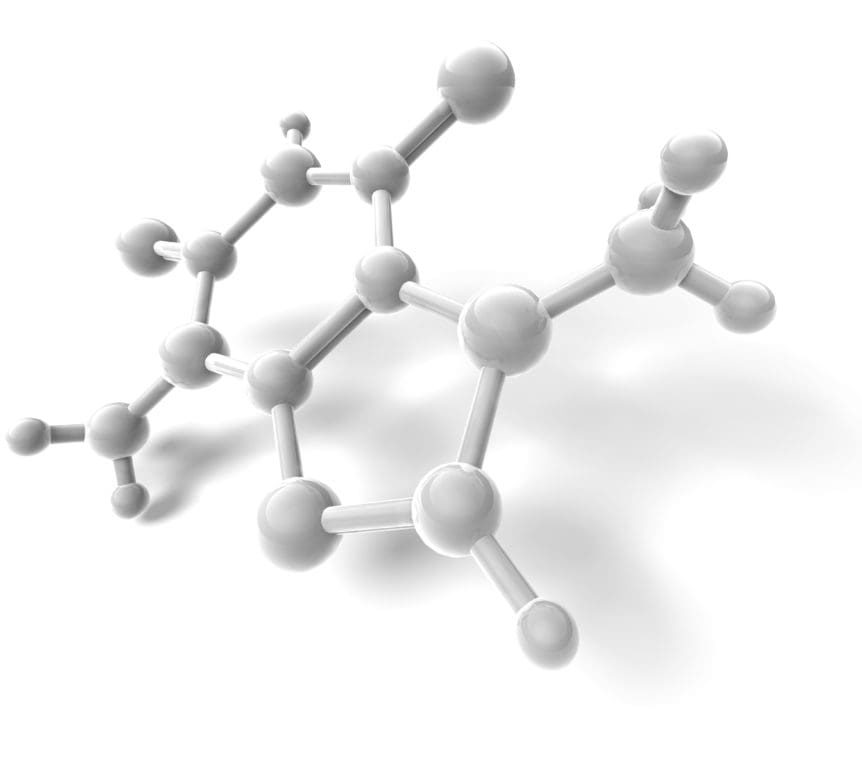A new in-vitro study by University of California, Davis, researchers indicates that quaternary ammonium compounds, or “quats,” used as antimicrobial agents in common household products inhibit mitochondria, the powerhouses of the cell, as well as estrogenic functions in cells. Their findings appear online today (Aug. 22) in Environmental Health Perspectives, a publication of the National Institute of Environmental Health Sciences.
The group also found that quats, at the same concentrations that inhibited mitochondria, inhibited estrogen signaling in cells. Estrogen is a sex hormone responsible for secondary sexual characteristics in females.
“Because exposure to quats is also interrupting the sex hormone estrogen response in cells, it could also potentially cause reproductive harm in animals or humans, and others have shown that quats cause reproductive toxicity in animals,” Cortopassi said.
By Trina Wood, UC Davis, on August 22, 2017



